The strategic goal is to turn Vietnam into a high-income developed country with socialist orientation by the 100th anniversary of the founding of the country. To achieve that goal, in addition to the synchronous efforts of all levels and sectors in the whole country, there is one thing that cannot be ignored: fighting waste!

Waste is complicit in corruption
When evaluating the achievements of the 80 years of the nation's founding, along with the results that have been achieved, one problem that our Party still mentions is corruption and waste. Usually, corruption affects most of the people and businesses, so it is mentioned more, but not everyone has a thorough understanding of how harmful waste is.
To legislate against corruption and waste, in 2025 the National Assembly promulgated the Law on Anti-Corruption and the Law on Practicing Thrift and Combating Wastefulness, which were later supplemented and improved. Accordingly, waste is the ineffective use of resources, causing loss without bringing about commensurate value. Corruption is the act of abusing public power for personal gain or for interest groups to receive bribes, embezzle, take advantage of projects, etc.
The project to build the second facility of Bach Mai Hospital and Viet Duc Hospital in Ninh Binh is an example. The project started in late 2014 with a total investment of approximately 10,000 billion VND and was expected to be completed in 2017, but after more than 10 years it has not been able to operate. A massive project occupying dozens of hectares of land that has been abandoned for a long time has caused public outrage. When the authorities got involved, they discovered many errors in this project. First of all, it was the planning, implementation capacity, financial and legal resources, and risk management. Especially in the bidding, contractor selection and construction supervision stages, there were signs of violations. Although the project was inaugurated in 2018, it was only a formal procedure "on paper" without the ability to operate in practice.
The delay in implementation due to problems in approving technical designs, purchasing equipment, granting operating licenses, etc. shows a lack of coordination between the Ministry of Health , the Project Management Board, and local authorities. The ribbon-cutting ceremony for the examination area without being able to receive patients shows signs of "doing it for show", lacking quality control and responsibility for implementation. By mid-2025, the Deputy Prime Minister must issue a directive to urge completion. This mechanism should have been established from the beginning, with specific progress milestones, periodic inspections, and clear responsibilities. Leaving the project unfinished after completion will damage the structure, damage equipment, and incur future maintenance and repair costs, affecting both investment efficiency and project quality.
Waste - an internal enemy
The above is just a typical example of waste of resources. According to the report of the Ministry of Finance to the National Assembly, the situation of slow-progressing projects and "suspended projects" in Vietnam is still very large, divided into several types: First, the use of public investment capital and other state capital is assessed as ineffective or wasteful, with 51 projects/project clusters. Second, slow implementation, difficulties, obstacles, causing waste of land, with 19 projects. Third, projects that do not put land into use or are slow to put land into use have 880 projects.
During his lifetime, President Ho Chi Minh always focused on preventing and combating waste. He advised: “Corruption, waste and bureaucracy are the enemies of the people, the army and the Government”. He pointed out: “Corruption is harmful, but waste is sometimes even more harmful: It is more harmful than corruption because waste is very common...”; “Waste, although not pocketing public money, is still very harmful to the people and the Government. Sometimes more harmful than corruption”.
He repeatedly emphasized: “We must cherish public property: All the food, clothing, and use of you are the sweat and tears of our compatriots. We must save, preserve, and not waste”; “Corruption, waste, and bureaucracy are a kind of “enemy within”. If soldiers and people strive to fight foreign invaders but forget to fight internal invaders, they have not fulfilled their duty. Not only did he regularly advise, remind, and discuss about saving and fighting waste, President Ho Chi Minh was an exemplary and shining example of practicing saving and fighting waste, inspiring the entire Party, the entire people, and the entire army to compete, mobilize, and converge potential and strength to defeat colonialism and imperialism, liberate the nation, and unify the country.
Imbued with Uncle Ho's thoughts, over the past decades, our Party has always emphasized the work of fighting waste and has issued many directives, resolutions, and conclusions on waste prevention and combat. Party committees, authorities, departments, branches, and organizations from the central to local levels have also more clearly defined their responsibilities in directing and organizing the implementation of waste prevention and combat tasks in a vigorous manner. Thanks to that, the effectiveness and efficiency of state management, exploitation, and use of the country's resources have been improved.
The state budget is strictly controlled from the stage of making, implementing, and finalizing the budget; purchasing, equipping, managing, and using assets, means of transport, and working equipment in agencies and organizations using the budget are implemented in accordance with prescribed norms, standards, and regimes; the management of investment projects using state capital and assets has had positive changes.
Although there are still significant shortcomings, in general, the results of practicing thrift and fighting waste have contributed to the renovation process achieving great achievements; achieving and surpassing most of the socio-economic development goals and targets over the terms; mobilizing, managing and effectively using human resources, material resources, financial resources, ensuring national defense, security, foreign affairs, social security and social welfare of the country.
Anti-waste on the threshold of a new era
To create momentum for the country's economy to take off and enter a new era, our Party has advocated increasing public investment, especially prioritizing infrastructure projects and considering this as one of the three pillars to promote economic growth. In the ceremony to celebrate the success of the August Revolution alone, the whole country held the inauguration and groundbreaking of 250 projects and works in 34 provinces and cities with a total investment of about 1,280 trillion VND, of which 89 projects and works were inaugurated; 161 projects and works were started.
When studying the fight against waste in countries, it can be seen that the common causes of public investment waste are: Poor governance, lack of transparency, weak supervision, changing projects midway; chasing political achievements, building "showy" projects rather than serving real needs; corruption, group interests, creating "price increases", dividing bidding packages, spreading investment; lack of overall planning, many projects are not linked to other infrastructure networks, so they are ineffective; slow progress, prolonging time leading to capital increase...
These phenomena not only occur in Vietnam but also in developing and emerging countries such as India, Indonesia, China..., even developed countries such as the US and Japan still have this problem. That said, the fight against waste is very difficult and complicated. No country can completely avoid waste in public investment, but the level varies depending on: Public administration level; budget transparency; monitoring and anti-corruption system; and especially the way of strategic planning and project selection. Some Nordic countries such as Norway, Sweden, Denmark, Finland and closest to us, Singapore, have done very well in this process, thus minimizing waste. In the 4.0 Industrial Revolution, we have the opportunity to access the management experience of advanced countries. In particular, the use of AI and Big Data in management will help to better combat waste.
Waste has been causing many serious consequences for development. Moreover, waste also reduces people's trust in the Party and the State, creates invisible barriers in socio-economic development, and misses development opportunities for the country. Therefore, if we want the economy to accelerate and take off, we cannot let the waste of national resources continue.
Source: https://hanoimoi.vn/lang-phi-nguon-luc-keo-dai-nen-kinh-te-se-kho-cat-canh-716032.html








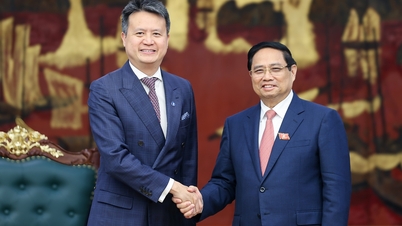




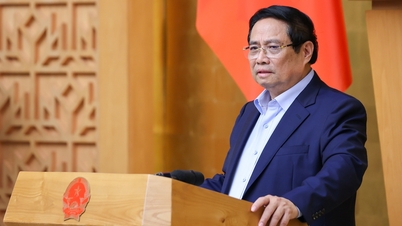

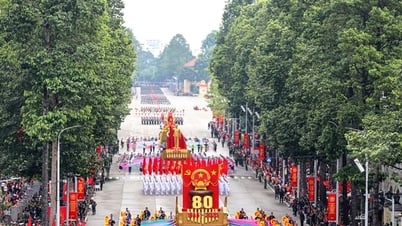
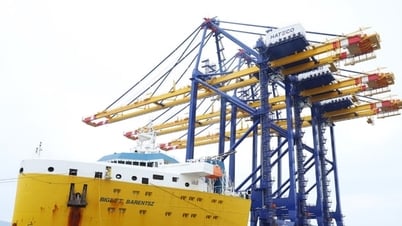
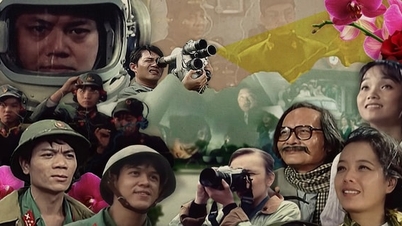
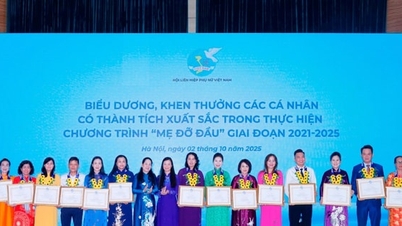
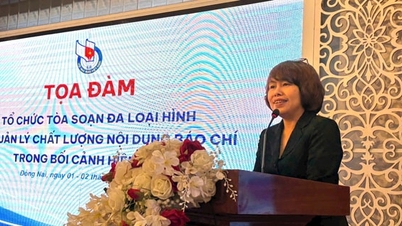
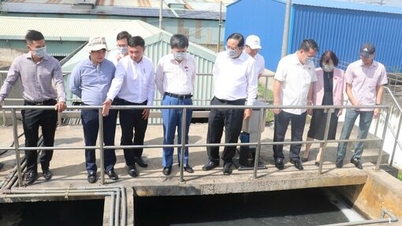



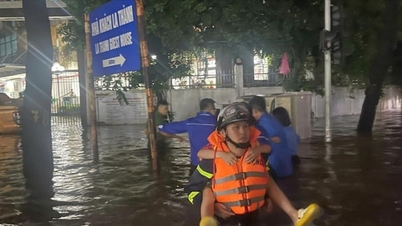




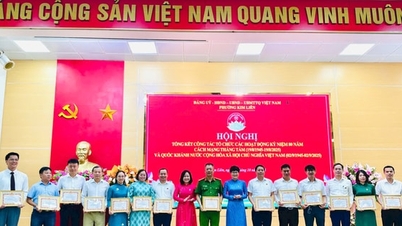
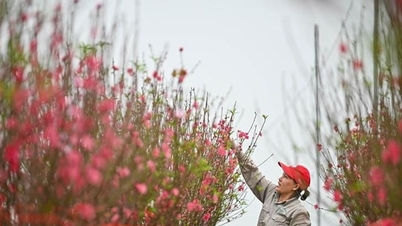
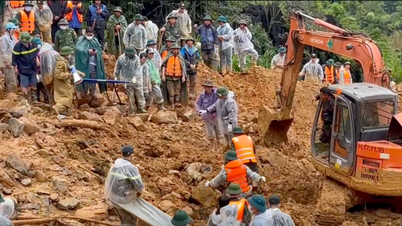
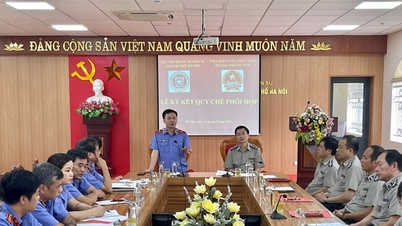
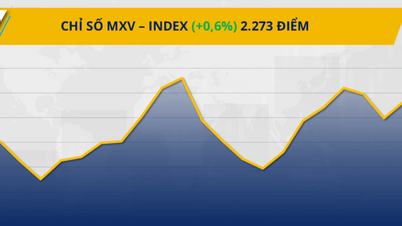
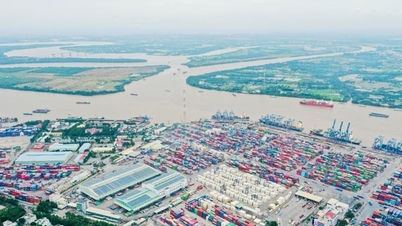





































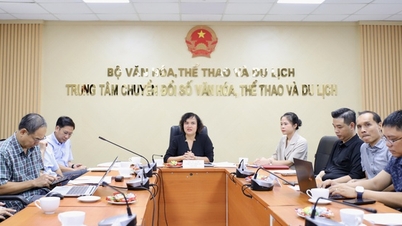
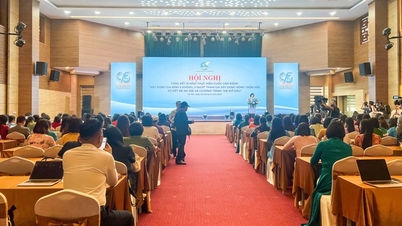
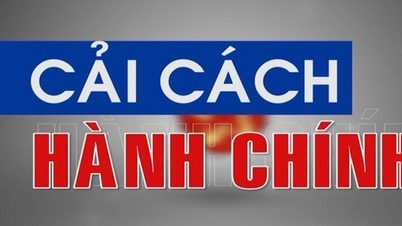



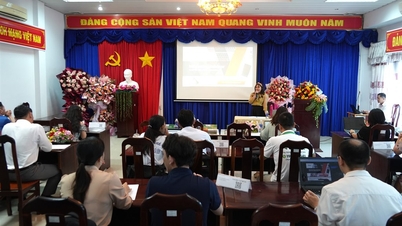
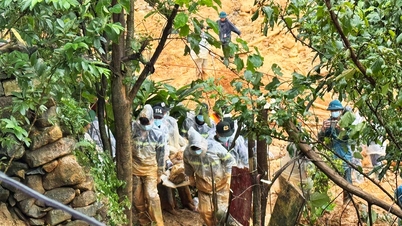

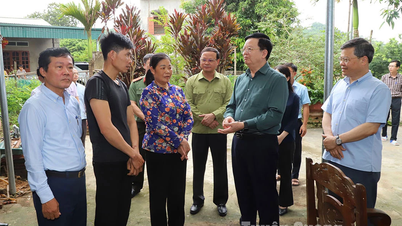
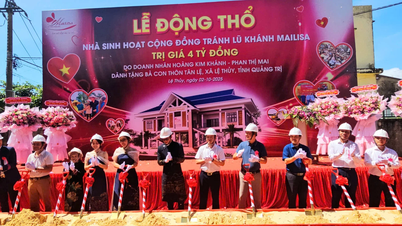
















Comment (0)